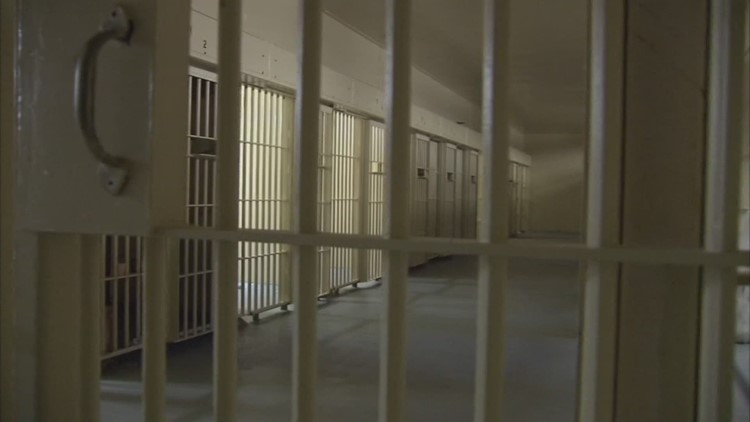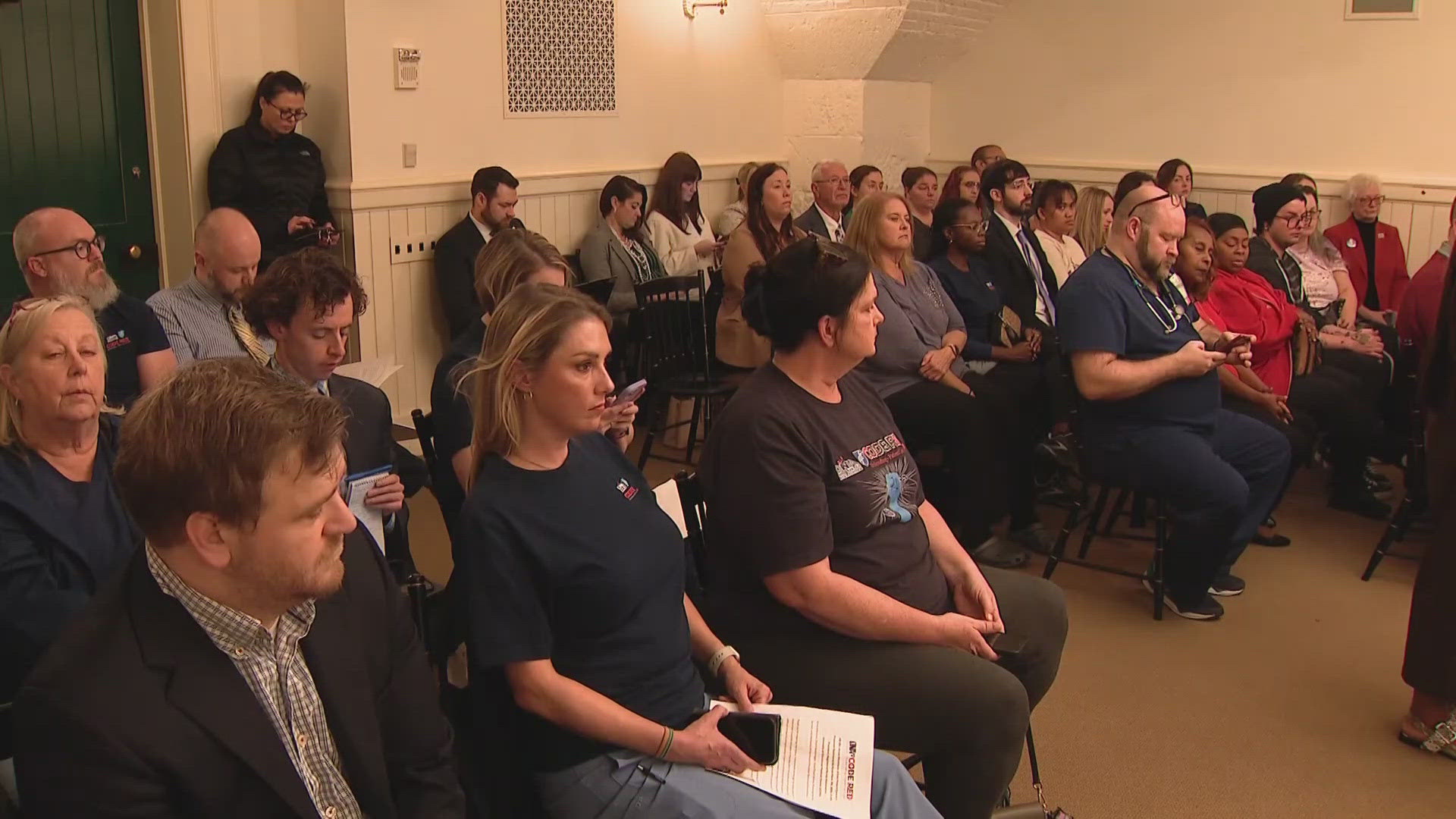COLUMBUS, Ohio — Judges in Ohio would be required to consider criminal suspects' threat to public safety when setting bail amounts under both legislation and a proposal for a state constitutional amendment being advanced by House Republicans.
The GOP proposals followed a ruling by a divided Ohio Supreme Court earlier this year that said a $1.5 million bond for a Cincinnati man accused of fatally shooting a man during a robbery was too high.
The measures were scheduled for votes in the Ohio House Wednesday, but they were pulled from the agenda. House Speaker Bob Cupp said more discussion was needed on how the proposals mesh with bigger conversations on changes to the state's bail system.
Lawmakers must weigh a number of issues, including people stuck in jail on non-violent offenses “simply because they can’t afford to get out,” said Cupp, a Lima Republican.
The Supreme Court majority said safety concerns expressed by the victim's family members, and evidence that the suspect presented a false ID when confronted after fleeing to Las Vegas, weren't factors relevant to the amount of bail.
The court did say that public safety concerns could be met by other requirements, such as electronic monitoring, which was done in the case of the Cincinnati murder suspect, according to court records. He was also banned from contacting the victim's family.
The proposals come at a time of a debate in Ohio and nationally over changes to bail systems. Opponents of cash bail have long argued its use should be reduced or eliminated to avoid the hardship it presents to defendants who can't afford to pay even low amounts, and end up losing jobs and contact with family while they remain in jail before their case is resolved.
In Ohio, separate legislation still in the committee process would eliminate the presumption that cash bail is the first recourse of a judge when setting terms of release. Supporters of this bipartisan measure, which include several conservative groups, say it gives judges more discretion to keep dangerous offenders behind bars while awaiting trial, while creating a fairer release system for offenders who don’t pose a risk.
Backers of this bill say the GOP bail measures responding to the Supreme Court ruling run counter to efforts to eliminate cash bail.
In addition to legislative debate, the issue could become a talking point in this fall's race for chief justice of the Ohio Supreme Court.
Justice Jennifer Brunner, a Democrat vying for the seat, voted with the 4-3 majority in agreeing that safety concerns of the victim's family weren't a factor relevant to the amount of bail. Her opponent, Republican Justice Sharon Kennedy, dissented.
Last year, Illinois eliminated cash bail as part of major changes to the state's criminal justice laws. Critics said it will result in dangerous people being set free while awaiting trial. Supporters say the measure gives judges more discretion to hold people based on threats they might pose.
New York state eliminated cash bail for many nonviolent offenses in 2020, raising similar concerns about public safety. Democratic Gov. Kathy Hochul has proposed toughening the law in wake of a COVID-era spike in violence. New Jersey in 2017 also eliminated cash bail.



